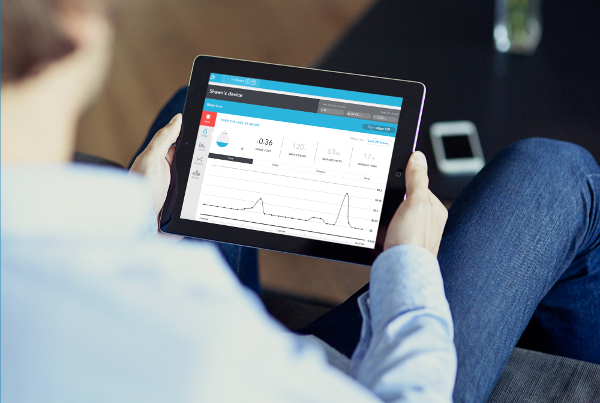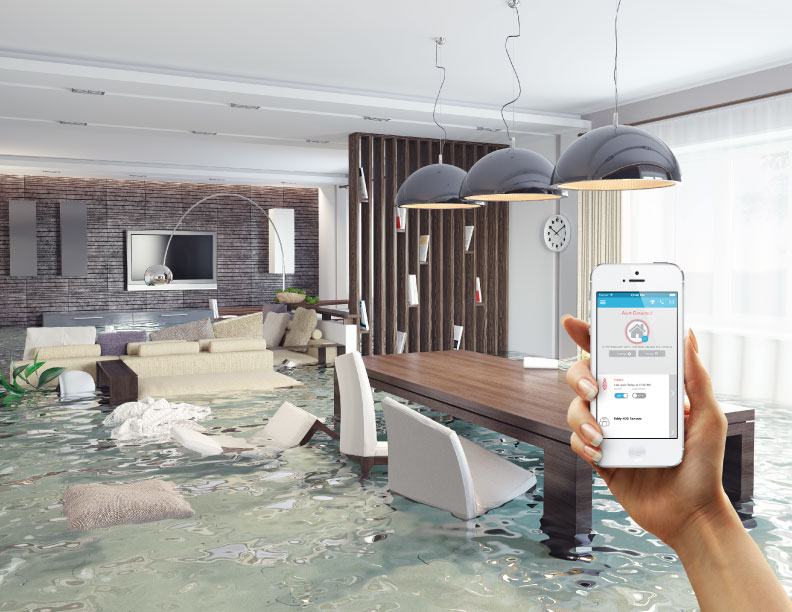by Nadine Evans
It is no secret that Canadians aren’t exactly great at water conservation. We are among the world’s largest water wasters, consuming twice as much water as Europeans, which may be in part due to the abundant supply of fresh water in Canada. In fact, nearly 10% of the world’s renewable water is located here, despite us housing less than 1% of the world’s population (Source). Water scarcity isn’t something that Canadians often worry about.
However, with water utility prices continuing to rise and a global water crisis looming, many homeowners have begun to re-examine the practice of water conservation.
First, let’s consider how water is used in a home. There’s obvious water wasting habits, such as running water while brushing your teeth, taking unnecessarily long showers, or watering your lawn when rain is expected. While these habits all add up to significant waste, did you know that one of your biggest water wasters is often hidden? Most homeowners are surprised to learn that 13% of a home’s water usage is lost due to leaks, many of which go undetected for some time, leading up to significant water loss.
Enter the technology advances of the connected home or Internet of Things. By now, you’ve likely heard of the Internet of Things (in case you haven’t, here’s an article). The Internet of Things (IoT) utilizes the Internet to create connections between all kinds of devices, so that users can receive information on their mobile devices about everyday things like their homes, and cars. The IoT revolution has begun, and as a result, end users are more connected than ever before. The ‘connected home’ has revolutionized how a resident interacts with their home, allowing them to remotely control (or even automate) their home’s security, temperature, lighting, and other fixtures.

This concept now encompasses water management, with IoT powered devices that track consumption in a home, immediately identifying when usage is outside the ‘norm’ for that household. Homeowners are immediately contacted through an App when issues occur.
Some of these systems even help families conserve water through tracking everyday water usage in comparison to similar households, creating fun challenges to educate users on the importance of water conservation and help promote positive behaviour.
Furthermore, some of these products offer a remote and automatic water shutoff at the main, providing homeowners the ability to proactively mitigate a leak before hundreds of litres of water is lost and damage is done to a property.
The result? A clear reduction in overall water usage. Some reports indicate that installing smart water monitoring systems, particularly those that include a remote and automatic shutoff at the water main, result in a reduction of water usage of up to 15%. In those instances where a major leak is detected, the water savings are substantial.

Thanks to IoT and the connected home, we’re changing how we protect our homes with proactive, intelligent water management systems that substantially impact our bottom lines.
How’s that for the future?
– – – – –
About the Author
Nadine Evans is a writer, marketer and smart home enthusiast, based out of Toronto, Ontario. She heads up marketing at Eddy Home, an Intelligent Water Monitoring and Leak Detection solution provider, specializing in solutions for the multi-dwelling unit (MDU)/high rise and commercial building space.
